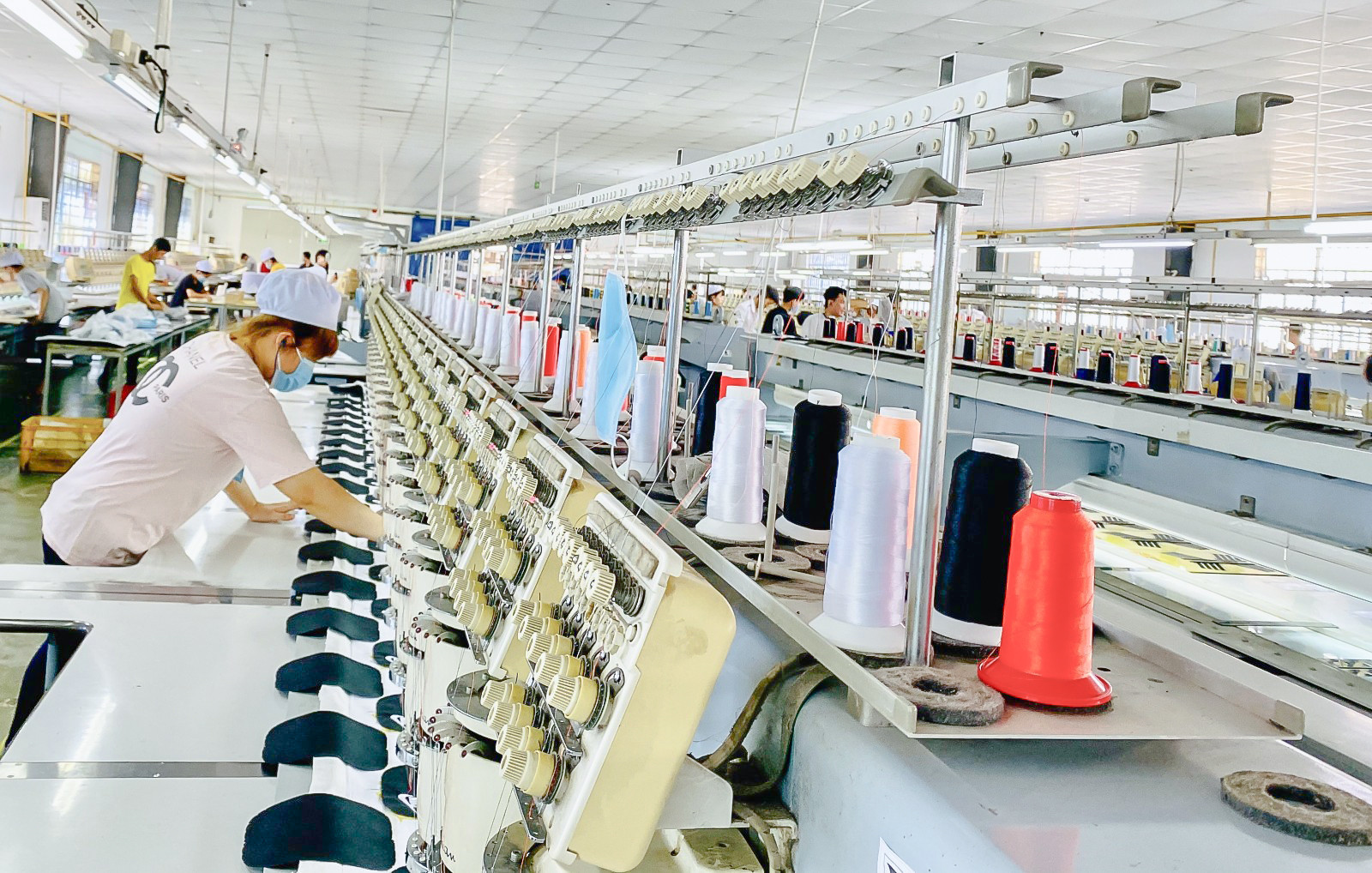
“We signed a contract on buying wood from a Chinese company. They delivered rotten wood and disappeared. We can no longer contact them,” director of a Vietnamese business said.
“Is there anything that can help us avoid this trap in the future?” he said, adding that he suffers constant anxiety every time when making a new deal.
Quach Thuy An, deputy CEO of Headway Vietnam, which specializes in providing transport services to exporters, noted that many Vietnamese companies are being scammed. They sign transport contracts and open an L/C (letter of credit), but when their products arrive in export markets, foreign partners say the products are poor quality and do not satisfy requirements for consumption, so they request price cuts.
“If Vietnamese enterprises don’t understand laws well, they may face the risk of being refused at destination ports. In this case, they will suffer as they will lose products and have to pay a lot of fees,” An warned.
Nguyen Hoai Nam, deputy secretary general of the Vietnam Association of Seafood Exporters and Producers (VASEP), confirmed that trade fraud occurs very often.
“Though contracts have been signed and partners are loyal, disputes about packaging and quality still occur. Foreign traders force prices down because of unforeseen reasons,” he said.
Loopholes
Nam showed concern about fraud in international trade. In many cases, though L/C was opened, Vietnamese exporters still could not get paid, but foreign partners could get products. This was attributed to loopholes in commercial contracts.
“The scammers of this kind win Vietnamese enterprises’ confidence by saying that they are from G7 countries. However, the banks named in the transactions were in another country,” he noted.
One of the noteworthy cases occurred in 2023, when a Vietnamese company exported 100 containers of cashew nuts to Italy. The exporter then faced the risk of losing their products and the business could only settle the problem thanks to the great efforts of Vietnamese diplomatic agencies.
Dau Anh Tuan, VCCI (Vietnam Chamber of Commerce and Industry) deputy secretary general and head of the legal department, pointed out that Vietnamese businesses cannot be well protected because of sketchy contracts they sign with foreign partners.
“I saw contracts with high export value of several millions of dollars, but just consist of several pages,” Tuan said.
The problem, according to Tuan, is the habit of Vietnamese companies not using legal services.
In many cases, the contracts Vietnamese enterprises sign are compiled by foreign partners, with the provisions disadvantageous for the Vietnamese side,” he said.
The deputy chair of the Vietnam Textile and Apparel Association (Vitas), Truong Van Cam, said Vietnamese enterprises build relationship with partners and do business based on confidence. In general, Vietnamese businessmen only pay attention to major terms in contracts and don’t care about binding provisions which will help settle problems once disputes arise.
“There are always problems, for example, bankruptcy. If Vietnamese businesses sign contracts with strict provisions, losses will be reduced,” Cam said.
An advised Vietnamese exporters to pay special attention to provisions related to dispute settlement, for example, which countries and which courts or arbitration agencies judge disputes. Each country has its own laws and way of dispute settlement.
New barriers
Tuan of VCCI noted that many barriers have been installed by import countries which put difficulties on Vietnamese enterprises.
Emission reduction and green production is now considered an admission ticket to important markets, while it is not easy to obtain these criteria.
When Tuan meets some Vietnamese businesspeople, he sees their concern about how to obtain certificates on emission reduction. And the mechanism to create emission reduction certificates for Vietnamese businesses to provide to important partners is still under compilation.
Cam of Vitas warned that Europe has approved a new law that prevents the import and distribution of goods made with forced Uyghur labor, and that Vietnamese companies may violate the law if they are not cautious when importing materials.
One of the solutions, according to Cam, is diversifying markets. Previously, Vietnam’s textile and garment industry had only 4-5 major markets which bought 80 percent of total exports. However, by 2023, the number of markets had increased to 104.
Binh Minh